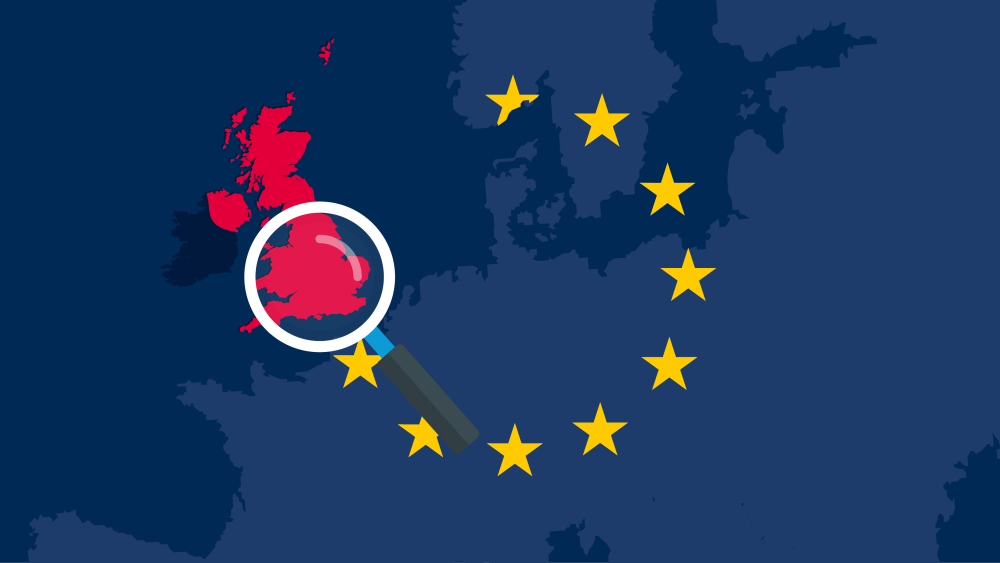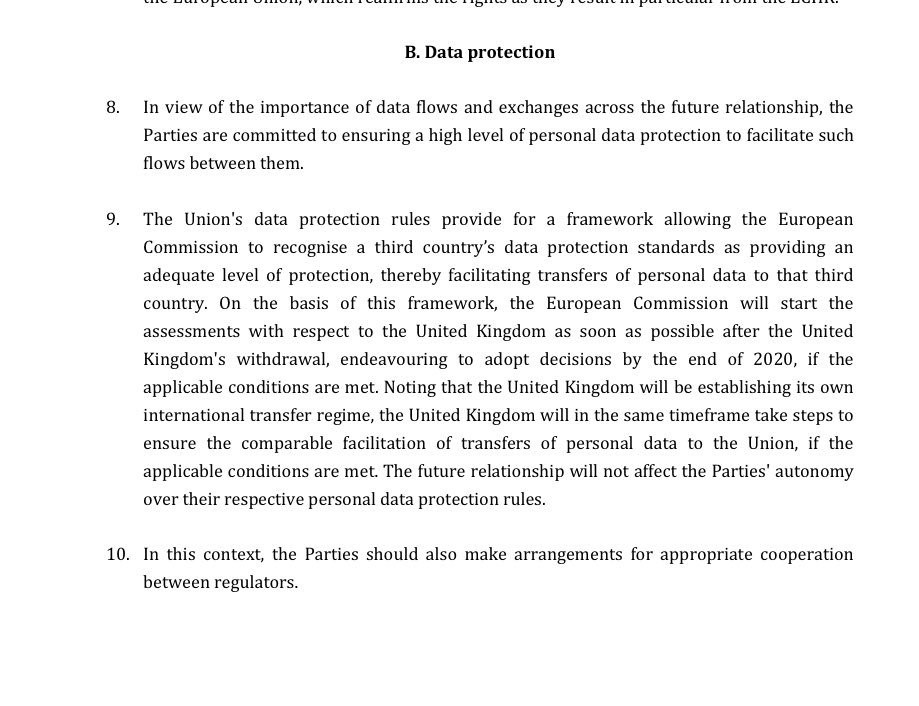Brexit: Political Declaration on the UK Withdrawal from the European Union agreed
22 Nov 2018

Yesterday, the Prime Minister went once more to Brussels to continue to work on the agreements between the EU and UK on the terms of the Withdrawal Agreement and the Political Declaration. Both these agreements shape the future relationship between the UK and the EU.
The Withdrawal Agreement sets out the terms by which the UK actually leaves the EU. For instance, it will dictate how the UK will leave institutions it currently has a role in and offers terms by which the UK and EU will interact before they decide formal agreements on trade and other aspects going forward.
The Political Declaration, on the other hand, is a mutual agreement to how the UK and EU will cooperate going forward. This mentions some broad political statements on what one might call the diplomatic relationship, such as:
“The Union and the United Kingdom are determined to work together to safeguard the rules-based international order, the rule of law and promotion of democracy, and high standards of free and fair trade and workers' rights, consumer and environmental protection, and cooperation against internal and external threats to their values and interests.”
This is language typical of goodwill toward one another, but also is largely a pre-requisite for texts that say equally contentious things within such texts.
In the House of Commons, the Prime Minister said that this agreement will create a large free-trade area with the EU akin to no other deal with the EU. The declaration, she said, sets out a relationship between both parties that will best facilitate the EU and UK to negotiate the remaining issues to be resolved during the transition period.
In regards to data sharing, the news is broadly good. The Political Declaration reinforces the commitment on both sides to data flows and data protection.
It informs us that adequacy negotiations will start once the UK is a third country (as expected) and that both sides will endeavour to adopt an adequacy decision by Dec 2020.
Unfortunately, the ICO will not have a role in the European Data Protection Board. While this was arguably a big ask, the ICO adds a great deal to the board and, as such, Europe may have been sympathetic to the idea. However, some kind of cooperation platform will be established.
 All-in-all, it meets the basic requirements of the data and marketing industry in regards to data flows and data protection but does not use the strength of language that we had hoped would be adopted nor a position for the ICO on the EDPB board.
All-in-all, it meets the basic requirements of the data and marketing industry in regards to data flows and data protection but does not use the strength of language that we had hoped would be adopted nor a position for the ICO on the EDPB board.
The declaration reiterates commitment to a reciprocal immigration system to allow for skilled workers to move between the EU and UK. This is necessary for the data and marketing industry to ensure that the requisite number of people can fill the growing number of roles in our industry. However, the agreement stipulates that EU citizens will not benefit from current policies which allow a greater number of EU citizens to live and work in the UK than from outside the EU. As such, the number of workers coming from the EU will decline.
Advertising Association research found that, outside the US, the most talent for the data and marketing industry comes from the EU countries. Similarly, Damien Collins of the Digital, Culture, Media and Sport Select Committee argued that if the UK is to remain a global leader in the creative industries, it must continue to attract the best talent from around the world.
What happens next?
The Political Declaration also has to be passed by the House of Commons to be adopted. In parallel to the Withdrawal Agreement, it has been met with a great deal of opposition not just from Her Majesty’s Official Opposition, but from many other parties and some members of the Conservative Party. It seems this will have as much trouble passing through the commons as the Withdrawal Agreement.

Please login to comment.
Comments